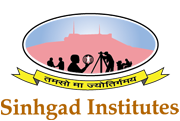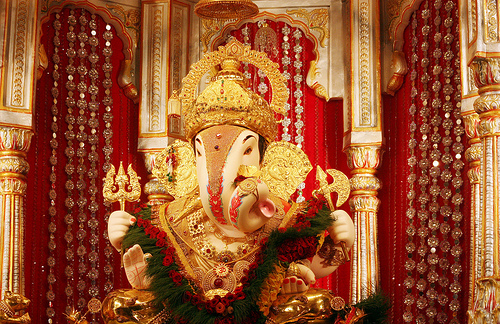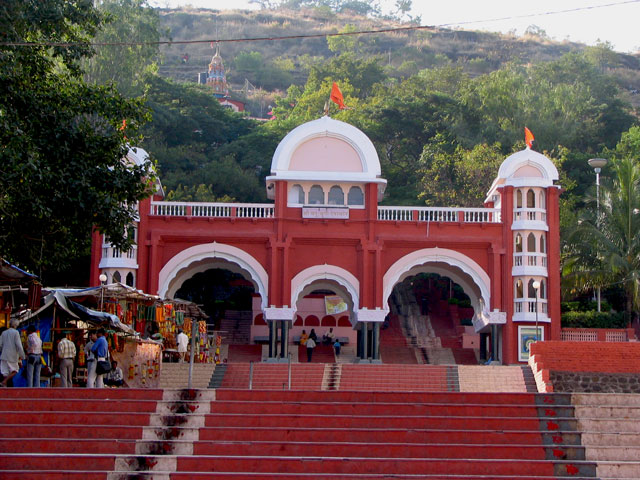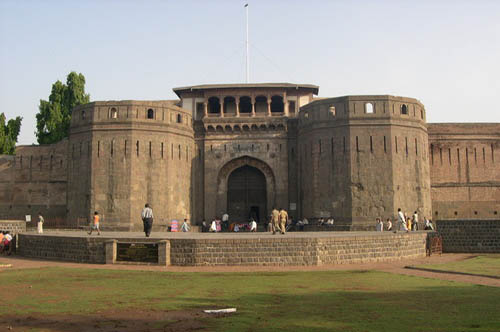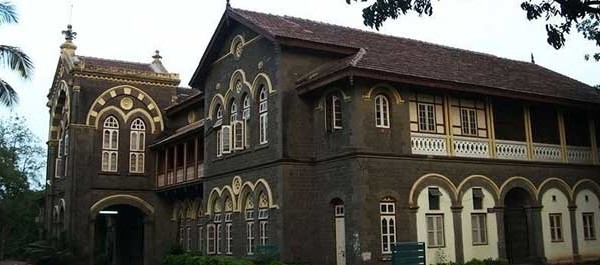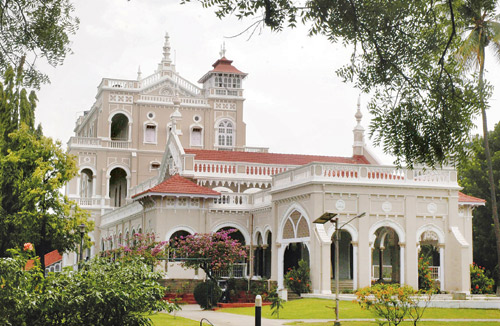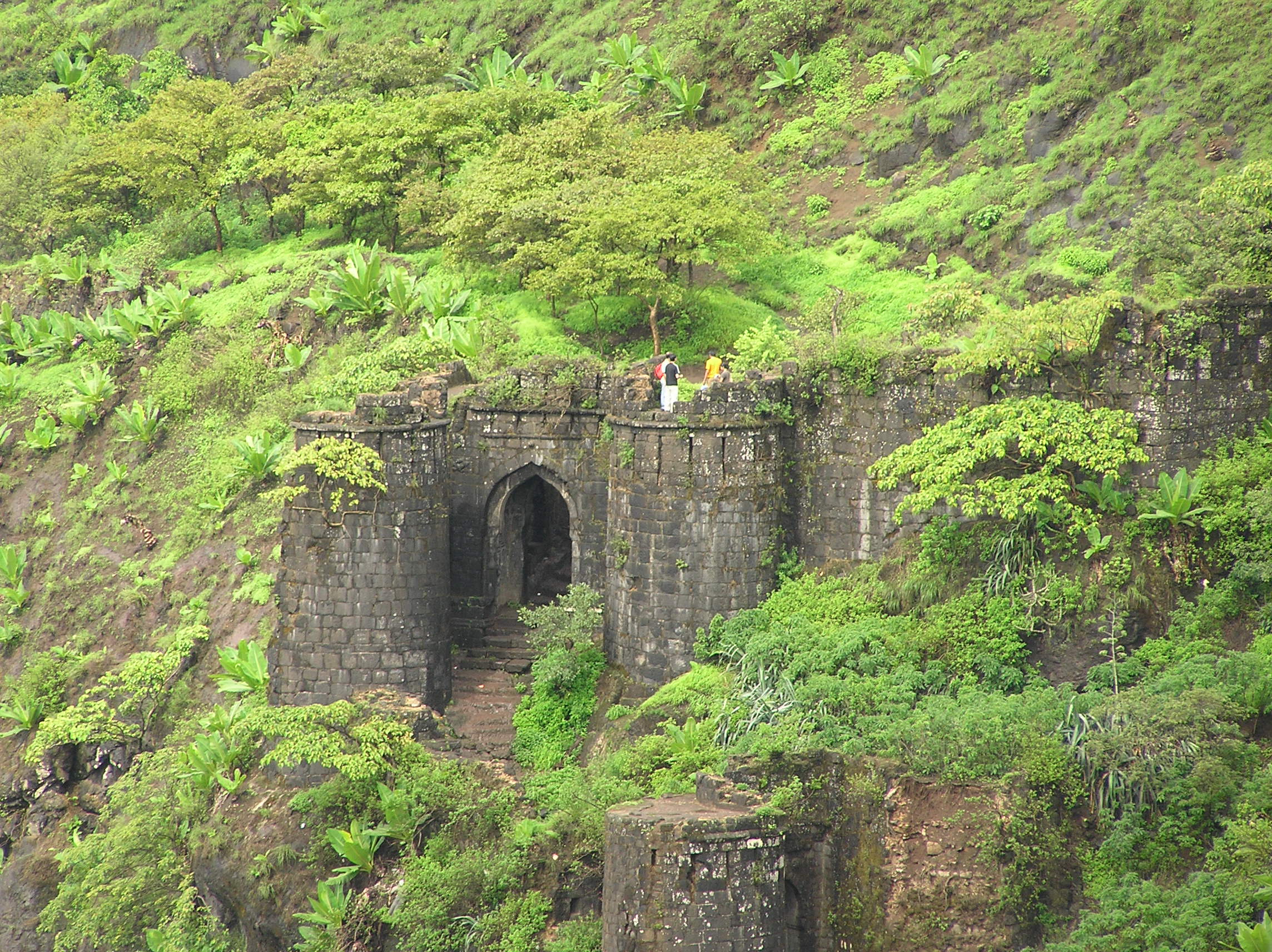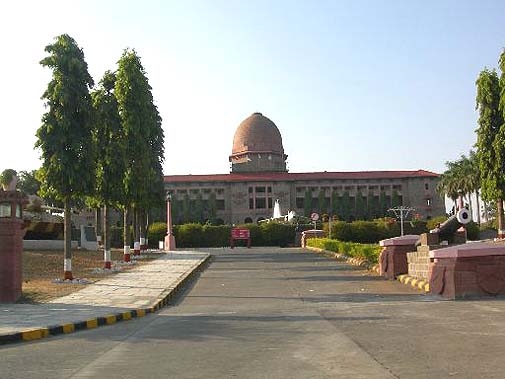ABOUT PUNE
Pune is the ninth-most populous city in India and the second largest in the state of Maharashtra after the state capital
city of Mumbai. Pune is also the 101st largest city in the world, by population.
It is situated 560 metres (1,837 feet) above sea level on the Deccan plateau, on the right bank of the Mutha river.
Pune city is the administrative headquarters of Pune district and was once the centre of power of the Maratha Empire established by Shivaji Maharaj.
In the 18th century, Pune became the political centre of the Indian subcontinent,
as the seat of Peshwas who were the prime ministers of the Maratha Empire.
Pune is considered the cultural capital of Maharashtra. Since the 1950s and 1960s, Pune has a traditional old-economic base .
Most of the old industries continue to grow. The city is also known for its manufacturing and automobiles industries, as well as for research
institutes of information technology(IT), education, management and training, which attract migrants, students, and professionals from India,
South East Asia, the Middle East, and Africa. Pune is also one of the fastest growing cities in the Asia-Pacific region. The ‘Mercer 2015 Quality
of Living rankings’ evaluated local living conditions in more than 440 cities around the world where Pune ranked at 145, second in India after
Hyderabad(138).[13] It also highlights Pune among evolving business centres and emerging 9 cities around the world with citation "Hosts IT and
automotive companies.
There was a time when Pune was known as a Pensioner’s Paradise – home to those who had retired and wanted a peaceful life in a salubrious environment. Now of course Pune has grown into a vibrant metro, a hub of education, industry, information technology, entertainment, and so on. But what makes Pune still more significant is that it is a place from where you can plan several exciting trips to hill-stations, forts, and places of pilgrimage, not to forget an adventurous package too.
Apart from the many interesting places just beyond the city limits of Pune, such as the Sinhagad Fort or the backwaters of the Khadakvasla Dam, tourists always make it a point to visit the twin hill-stations of Lonavala and Khandala for its bracing weather and the wonderful views you get of the valley and the snaking highway that leads to Mumbai. Lonavla is about 64 kilometers away from Pune and has several ‘points’ that offer breathtaking views of nature at her best. One of these is the Rajmachi Point which commands a view of Chhatrapati Shivaji’s famous fort, Rajmachi, and the surrounding valley. Lonavala is also known for its ‘chikki’ and fudge. Some of the other spots include the Ryewood Park and the Valvan Dam which has a garden at its foot. On the way to Khandala you can visit the Duke’s Nose which is popular with trekkers.
